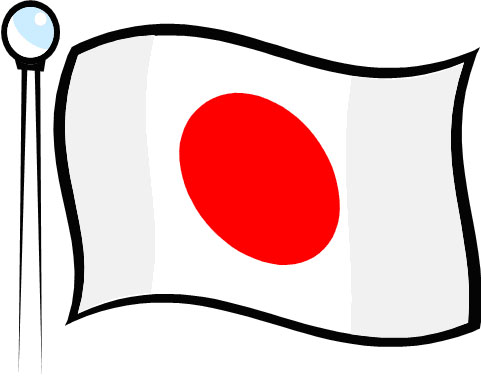
Among the countries that have been major world players through more than a half century, Japan is in many ways the most remarkable one: Its economy has competed with America’s in innovation and pace of development, its technological products and cars have changed the taste and habits of consumers, sushi dominates the tables of young men; and even the modern Japanese literature, from Kawabata to Banana Yoshimoto, has invaded the libraries of every continent. Japan had the lowest unemployment rate and the highest level of social peace in the industrialized world, and its GNP is still, at the end of 2009, the largest one after the United States.
And yet, for some time now, it seems as though the lights on Japan have been turned off. In the large, multipolar designs that Barack Obama has proposed to the world, Japan does not seem to have a particular place. In the international political and economic summits, the G8 and G20, the Japanese position is rarely heard, and even more rarely do major media seem interested in giving it a voice.
When Obama made his trip to Asia last fall, we all wondered if his visit to China had scored a point in its favor or if it was a missed opportunity. Instead, there were no talks about the visit he made to Japan, if not for the disagreements over the U.S. base in Okinawa, and because the American president, unlike his predecessors, hasn’t been in Hiroshima in tribute to the city. And even in Copenhagen, where the American, Chinese, Russian and European positions were in open confrontation, there wasn’t a clear view of Japan’s role.
It’s been 40 years, but it feels like centuries since the day Kissinger sensed that if Japan wouldn’t have been closely associated to the binomial America/Europe implemented by NATO, the match with the Soviet Union would not have been won. It was created then — and Gianni Agnelli was one of the founders — the Trilateral Commission, a unique institution, fiercely hated by no-globals, where politics, business and culture of the three worlds meet through personalities of fame and power. But then why is Japan not often spoken of today when we talk about global balances? It’s discussed far less than China, and even less than India or Brazil; this, despite Japan being so much more financially and industrially powerful.
Perhaps the answer is that, while in the past 20 years the world has been changing, Japan remained pretty much the same. Globalization has offered the opportunity to increase the dissemination of its products and its technology, but hasn’t changed its spirit. It seemed that the new governing majority, which, after having been Liberal for 40 years, has passed to the Democratic Party with the elections of the summer of 2009, would have scored a total renovation of the country. Well, that majority is already in trouble. Old habits and old diseases are reappearing, figures such as Prime Minister Hatoyama or the brilliant secretary general of the party, Ozawa — very popular until recently — already seem dim, while the bureaucracy remains firmly in control. Nepotism, connections between business and politics, old flaws in the system, they’re all re-emerging, even in the Democratic Party now in power. And even the tenure of employment, which has always been the key of the Japanese model, is revealing its weaknesses, because it makes the arrival impervious for fresh and innovative foreign forces. The colossal misadventure of Toyota — a real symbol of Japanese industry — forced to take back more than two million vehicles from the U.S. market for defects with the brakes, and the uncertain and clumsy way in which the problem was presented to the public, are also the result of an industrial apparatus that rather than looking around, prefers to look at his own navel. And if it really must look outward, it turns toward China.
These are evils that afflict other countries and other continents. It’s in this way that the old privileged relationships end. Is it possible that the distraction with which Obama treats Japan (almost forgetting about it as a potential partner for his Asian policy) and the distraction with which he skips his European appointments have something in common?

Leave a Reply
You must be logged in to post a comment.